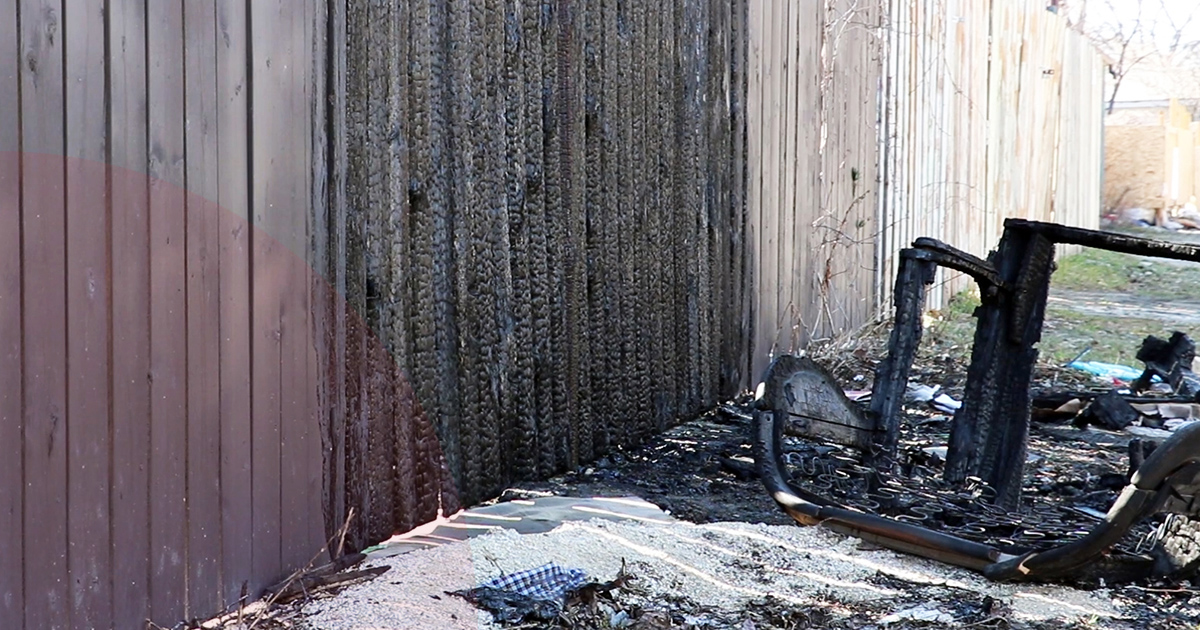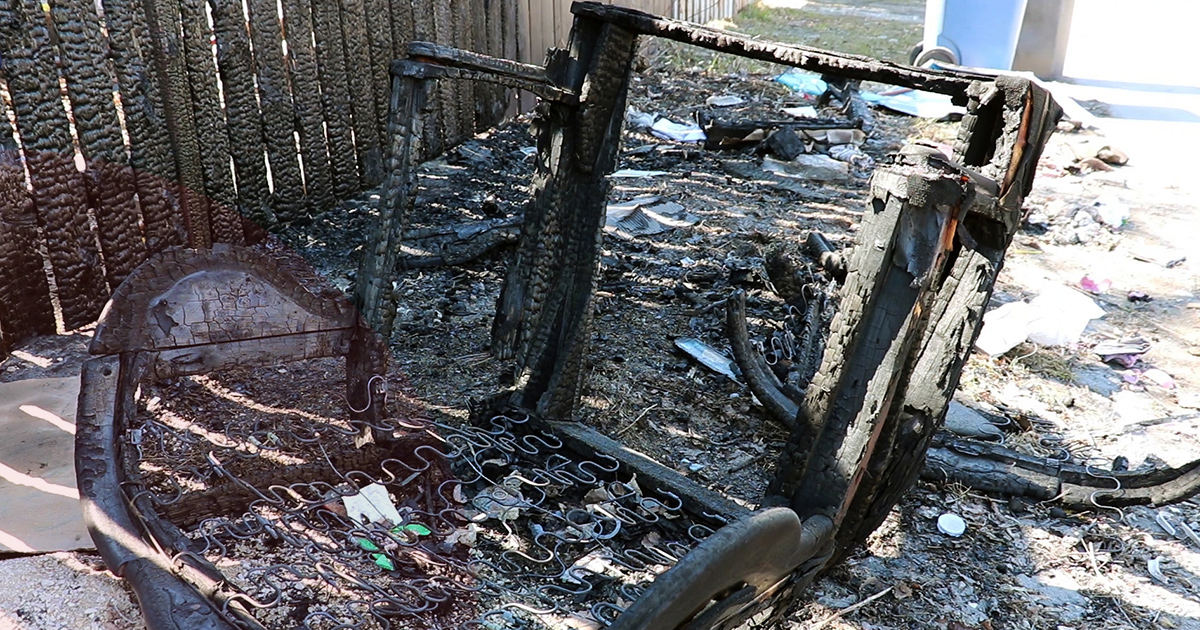
Accidental fires and arson can happen any time of the year. Flammable items left outside are easily targeted by arsonists. This includes garbage, furniture, mattresses, yard waste, firewood, and flammable liquids,.
“Keep these items away from your home, garage, and fence,” said Lisa Gilmour, Assistant Chief of Community Risk Reduction for the Winnipeg Fire Paramedic Service.
If you have old furniture or large (bulky waste) items to get rid of, you can request to have it picked up by the City, for a fee, online or by contacting 311.
You can also reduce fire hazards and prevent arson by:
- Only putting garbage and recycling carts, and yard waste, out on your collection day
- Storing flammable material in a safe, secure place
- Keeping shrubs and trees healthy, trimmed and watered
- Using motion-activated lights to brighten the outside of your home or garage
- Reporting fire hazards, including abandoned large (bulky waste) items, by contacting 311

Accidental fire prevention tips
You can reduce your risk of having an accidental fire by following these tips:
- Don’t extinguish cigars or cigarettes in potted plants. Potting soil and peat moss can be flammable
- Be alert to any smoke or unusual odours
- Only use fire pits and other fire receptacles approved by the City's Neighbourhood Liveability By-Law
- Never leave an open fire unattended
- Do not use fire pits if wind speeds or gusts are higher than 25 km/h
It’s also important to be prepared in case of a fire, said Doug Sinclair, WFPS Public Education Coordinator.
Make sure you have smoke alarms installed on every floor of your home and test them every month to make sure they’re working.
To test your smoke alarm, press the button in the middle. If it beeps, the alarm is working. If it doesn’t beep, it’s time to change the batteries or get a new alarm.
“Residents should also create and practice a home escape plan and regularly review it with their families,” said Sinclair.
Our City, Our Podcast
Doug Sinclair, Winnipeg Fire Paramedic Service Public Education Coordinator, shares more fire prevention tips on Our City, Our Podcast. This episode was released in October, 2025.
Originally posted on May 14, 2024
